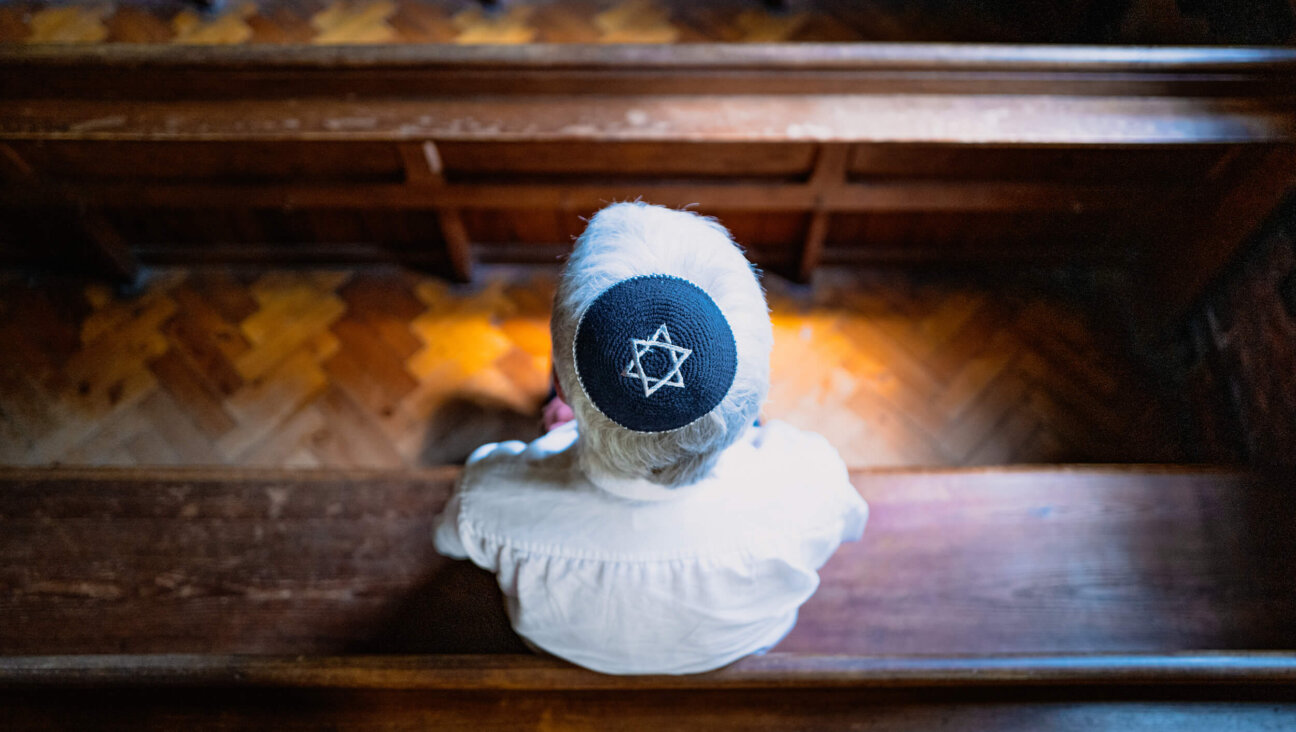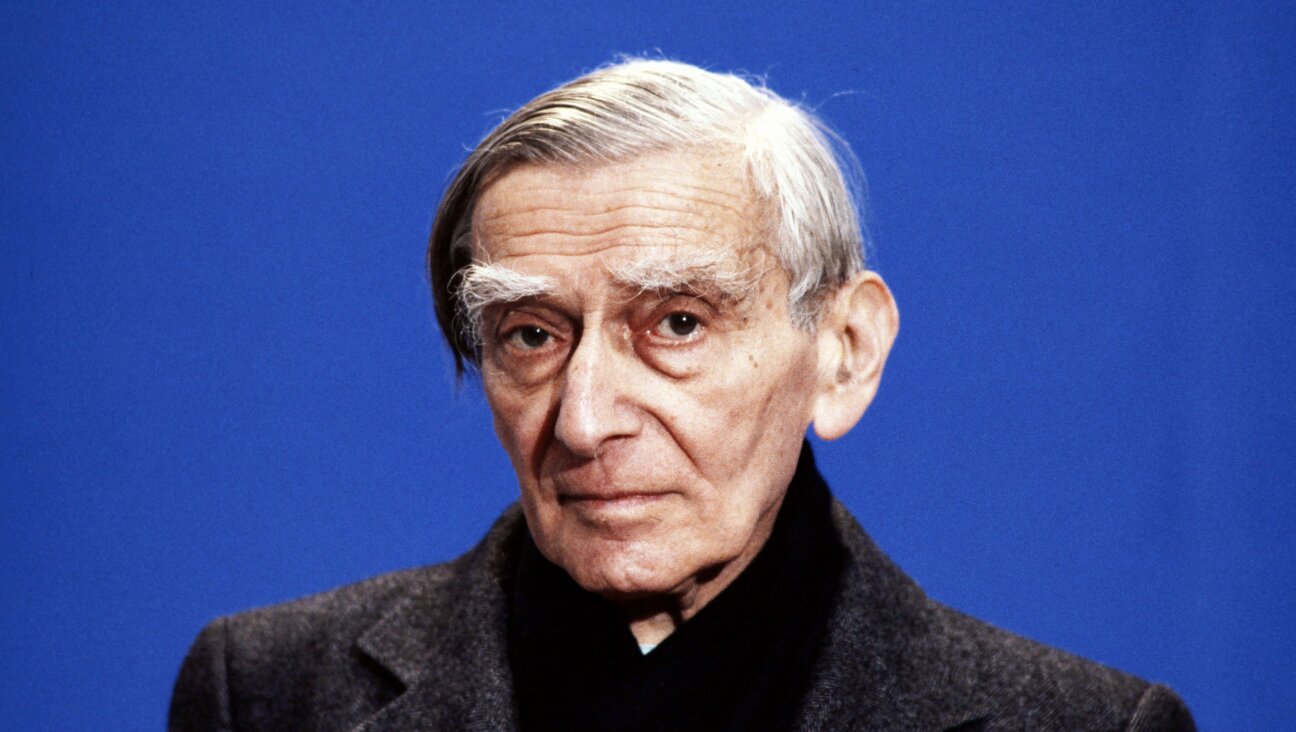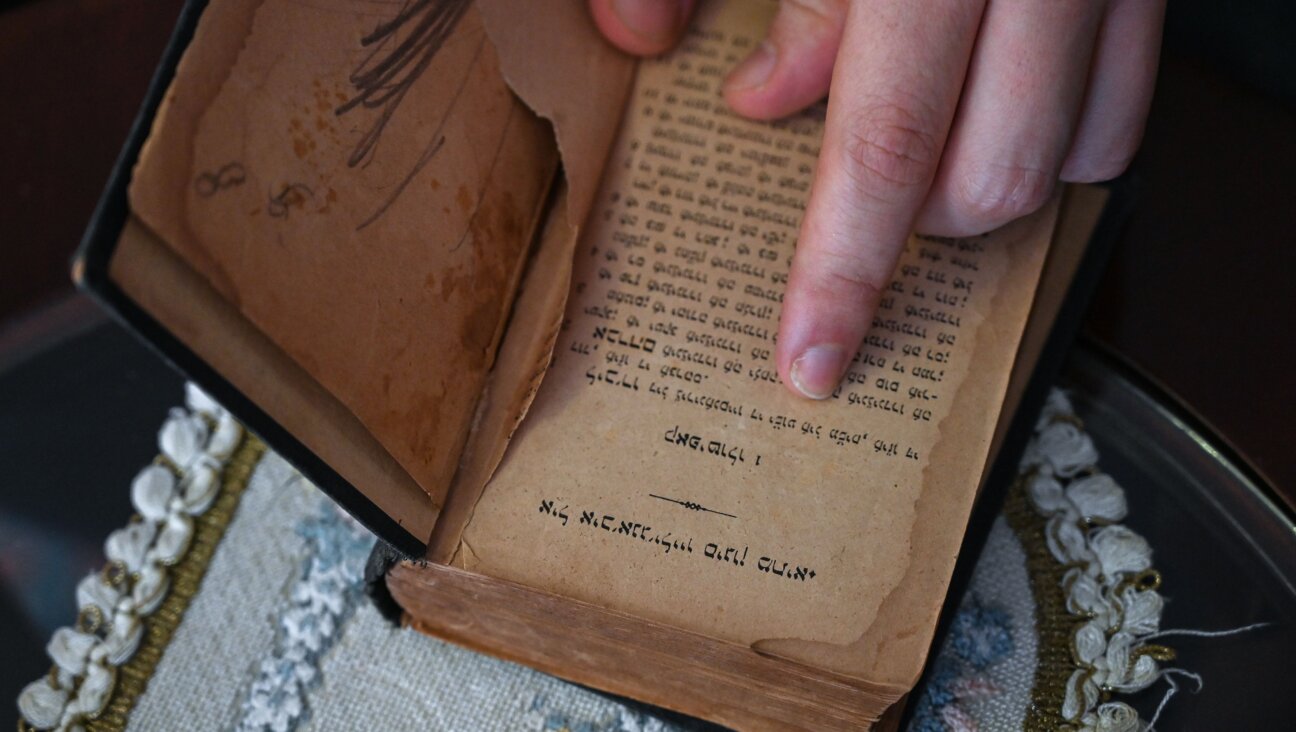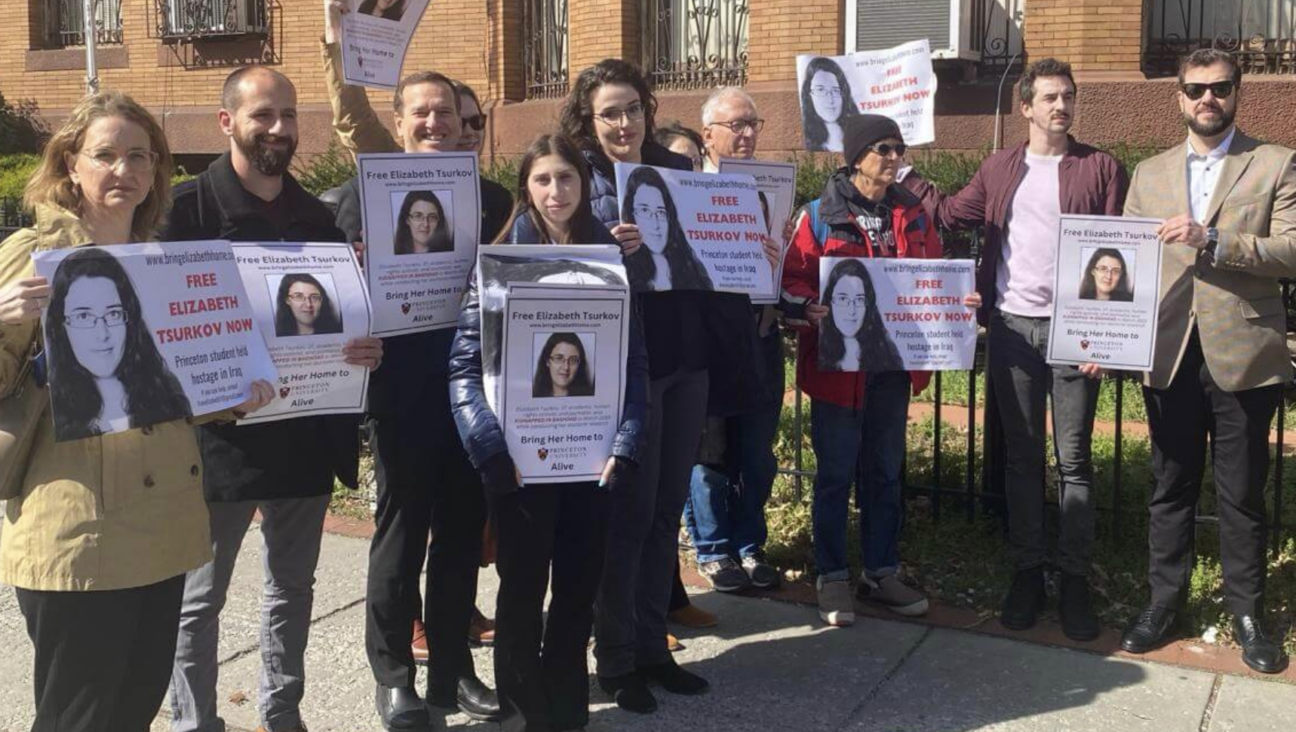We Won’t Give Up On Israel, Even If American Jewish Historians Do

Private Hasia Diner, overwhelmed by the pressures of war, abandoned the battlefield this week. Her resignation letter in Haaretz projects the death of her fighting spirit onto the state of Israel. She is wrong about Israel. The young state is doing fine. Her disqualifying critiques are exaggerated. They reflect the natural growing pains of a country that is still in its youth: 60 years in the life of a new country is a very short time. Only the weak-kneed give up after such a short while.
A Jewish democratic state in the Middle East was always going to be an incredible challenge. Turning that far-fetched dream into a reality requires a chalutzi (pioneering) spirit. Professor Diner’s supply of chalutzi spirit apparently was insufficient for this enormous task.
The first wave of chalutzim fought for the brick-and-mortar foundation of a state. That phase was extremely successful. The state they built works well — materially. Now we are in the thicket of the second wave, fighting to build a state whose heart and soul is just as sturdy.
It is a huge undertaking; the obstacles are enormous. Israel’s two major institutions of governance, the Knesset and the Rabbinate, are in topsy-turvy mode. The Knesset is paralyzed and the Rabbinate emboldened, when in reality, it should be the other way around. For Israel to fulfill its promise it needs a government that has the courage to move boldly and make tough decisions, and a rabbinate that is humble and self-aware. For the moment, that is not the case. Israel and Jews across the globe are consequently suffering.
Healing this aching country is a huge task. Only a dedicated army of valiant and relentless fighters can undo these self-inflicted wounds; get the government to do its job, and make the Rabbinate recognize its limited role in a democratic state.
Conscription into this phase of the war is mandatory for anybody who cares about the state. All Israeli and diasporic Jews have a role to play. Sadly, Diner’s shortsightedness caused her to drop out. Those of us she has left behind, although feeling deserted, will, nevertheless, continue to fight for the country, knowing that the long-term prospects of this enterprise are extremely promising.
Her description of the damage wrought on the Jewish community by the state rings hollow to anybody who has spent a significant amount of time in Israel. It may look the way she portrays it if viewed from a distance, from an ivory tower, but those of us immersed in the muck of Israeli culture know how far-removed her description of Israeli “homogenization” is from reality. Israeli culture is as diverse as ever. Numerous races and religious orientations are represented in the symphonic cacophony emanating from across the country. There are Ashkenazi musicians, North African singers, Ethiopian composers, Arab playwrights and Haredi newspaper columnists. The white secular Ashkenazi male of yesteryear is no longer the exclusive face of government, media or culture.
Is it a utopia? Of course not! There are constant outrageous breaches of morality and incredible ethical failures. But those who stay loyal to this dream are confident that things will improve over time. Thankfully, we are blessed with courageous warriors who are willing to fight the political and religious establishment. These infantrymen and women represent a cross-section of Israeli society: Sephardim and Ashkenazim, Arabs and Ethiopians, religious and secular. They fight side by side to make the state a more just place. They fight hard. Many get bruised, all get scarred and some even succumb to their wounds. The one thing they have in common is that none of them would ever think of jumping ship. They, unlike Diner, do not quit when the going gets tough. They value their responsibility toward the community too much to let self-indulgence guide their choices. The stakes are simply too high.
Israel has a long history of staving off theological opponents, people who have — alongside its political adversaries — attacked the state’s legitimacy. They have confused philosophical complexity for theological illegitimacy. Diner repeats their mistake. A Jewish state is by definition a complex philosophical organism. It is an idea whose essence hovers dangerously close to racism, xenophobia and discrimination. Only a dedicated warrior corps can ensure that the boundary that separates legitimate self-definition from discriminatory essentialism stays intact. The dedicated brigade Diner left behind will valiantly fight to help make this state the Promised Land it is destined to be.
Yes, it will be a difficult, painful and draining process. But those with the strength to persevere will prevail, their dedication rewarded in spades. They will pass on to the next generation a state that is moral, open, inviting and inclusive — a place we are proud to call home.
Ysoscher Katz is the Chair of the Talmud Department at Yeshivat Chovevei Torah Rabbinical School, and Director of the Lindenbaum Center For Halakhic Studies.
A message from our Publisher & CEO Rachel Fishman Feddersen

I hope you appreciated this article. Before you go, I’d like to ask you to please support the Forward’s award-winning, nonprofit journalism so that we can be prepared for whatever news 2025 brings.
At a time when other newsrooms are closing or cutting back, the Forward has removed its paywall and invested additional resources to report on the ground from Israel and around the U.S. on the impact of the war, rising antisemitism and polarized discourse.
Readers like you make it all possible. Support our work by becoming a Forward Member and connect with our journalism and your community.
— Rachel Fishman Feddersen, Publisher and CEO






















